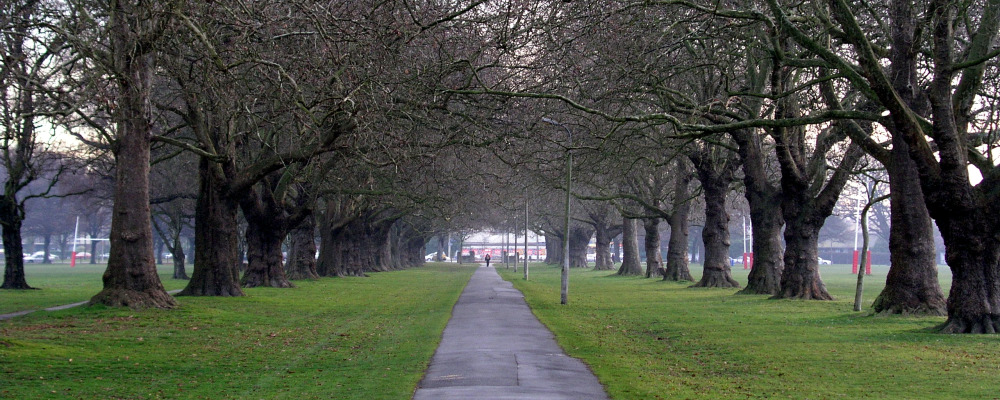Most people do not keep their New Year’s resolutions. More than 90% of us fail to accomplish the things that we so passionately resolved to do, only a year before. The reasons vary, but more than often it’s not about willpower, determination, or motivation. We simply focus on the wrong goals.
When we set goals, many of us imagine the day when we would accomplish them. We think of graduation day, our wedding day, the day when we hit our target weight, or the day we would embark on a trip. The mistake in this process is small but dramatic. To pick the goals that are best for us, we need to first envision the day after.
On the day that you accomplish something great, the excitement is intense. You are on the top of the world, thrilled and exhilarated. It is a wonderful feeling, but it does not last. You adapt to it and it wears off. The next day is different. You are no longer experience the ecstasy of accomplishment, and you can truly assess your feelings about what happened: Are you still happy? How will your life be different now? Are you scared? Do you have regrets? Are you eager to get going?
The day after is the day that most books and films never portray. It’s a routine day where you wake up to a new reality, and start to experience a new chapter. If your goals are inherently meaningful to you, you will be thrilled to imagine the day after, but for goals that you are not truly and intrinsically motivated to pursue [1], you may find that your vision of that day is not as fun.
During this time of the year, many of us resolve to introduce changes in our lives. This year, when you set your new goals, don’t think about your wedding day, graduation day, or the day you hit your target weight. Instead, think of the lifelong experience as a married person, the life that waits for you as a professional, or your second morning as your new, thinner self. If this vision is meaningful to you, then pursue these goals with all of your might. If not, it may be necessary to tweak or to reconsider.
What goals are you contemplating? What does your “day after” look like?
Do share.
[1] Ryan, R. M., & Deci, E. L. (2000). Self-determination theory and the facilitation of intrinsic motivation, social development, and well-being. American psychologist, 55(1), 68.



Comments (2)
Nathan
Dec 29, 2014 at 07:48 amI agree. However, I think my problem with not reaching goals is too many of them. I am 45 years old, working in a job I don’t like but that pays my bills, divorced, have 2 kids. I write, act, love to read to kids and have many innovative ideas but looks like I can;t get myself to pursue my loves day after day. I tend to do some things but too far apart and not on a daily basis. I find it easier for me to learn for exam when I know I am expected to learn subject X in order to get grade Y. But, in my own life, when I am the one who needs to force myself daily into action, I kind of loose track…Strange and sad…
Ran
Dec 29, 2014 at 06:53 pmNathan – thank you for sharing this. My experience has been that life is never simple (or when it is it could be boring 🙂
Setting goals gives a sense of direction and purpose, even if they cannot all be met. It’s about the journey and not the destination!
Nathan
Dec 29, 2014 at 07:48 amI agree. However, I think my problem with not reaching goals is too many of them. I am 45 years old, working in a job I don’t like but that pays my bills, divorced, have 2 kids. I write, act, love to read to kids and have many innovative ideas but looks like I can;t get myself to pursue my loves day after day. I tend to do some things but too far apart and not on a daily basis. I find it easier for me to learn for exam when I know I am expected to learn subject X in order to get grade Y. But, in my own life, when I am the one who needs to force myself daily into action, I kind of loose track…Strange and sad…
Ran
Dec 29, 2014 at 06:53 pmNathan – thank you for sharing this. My experience has been that life is never simple (or when it is it could be boring 🙂
Setting goals gives a sense of direction and purpose, even if they cannot all be met. It’s about the journey and not the destination!